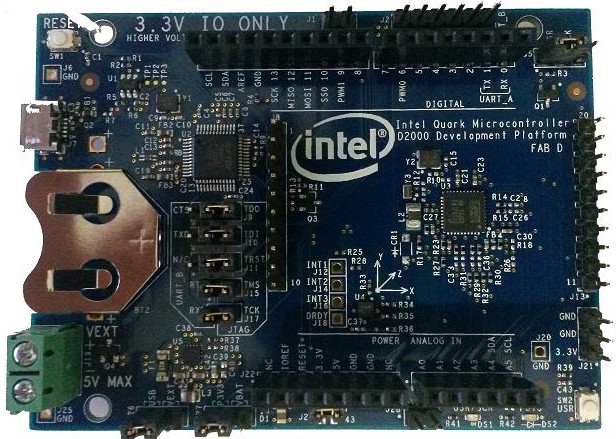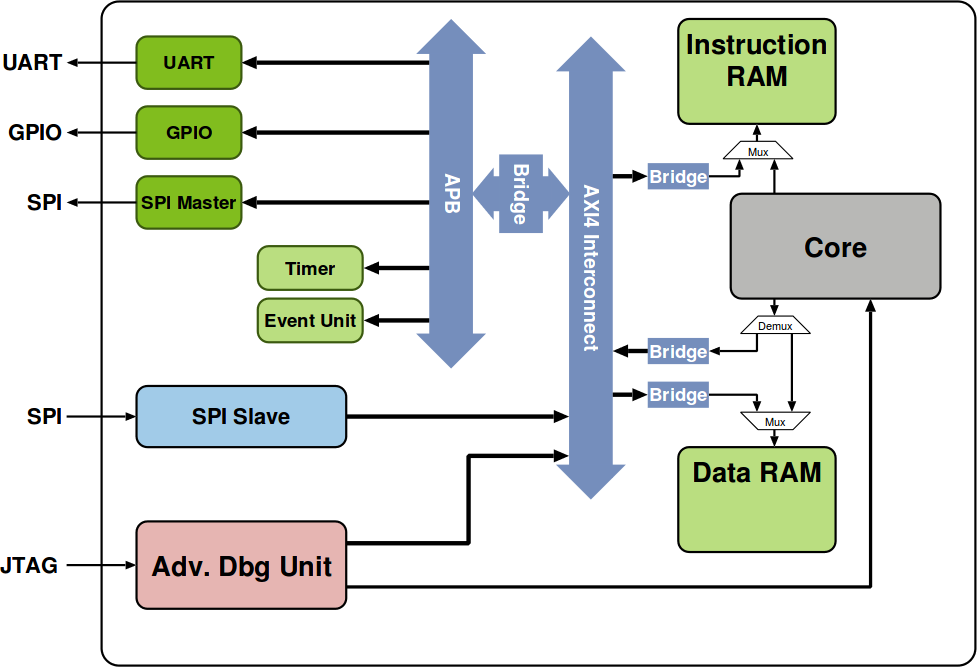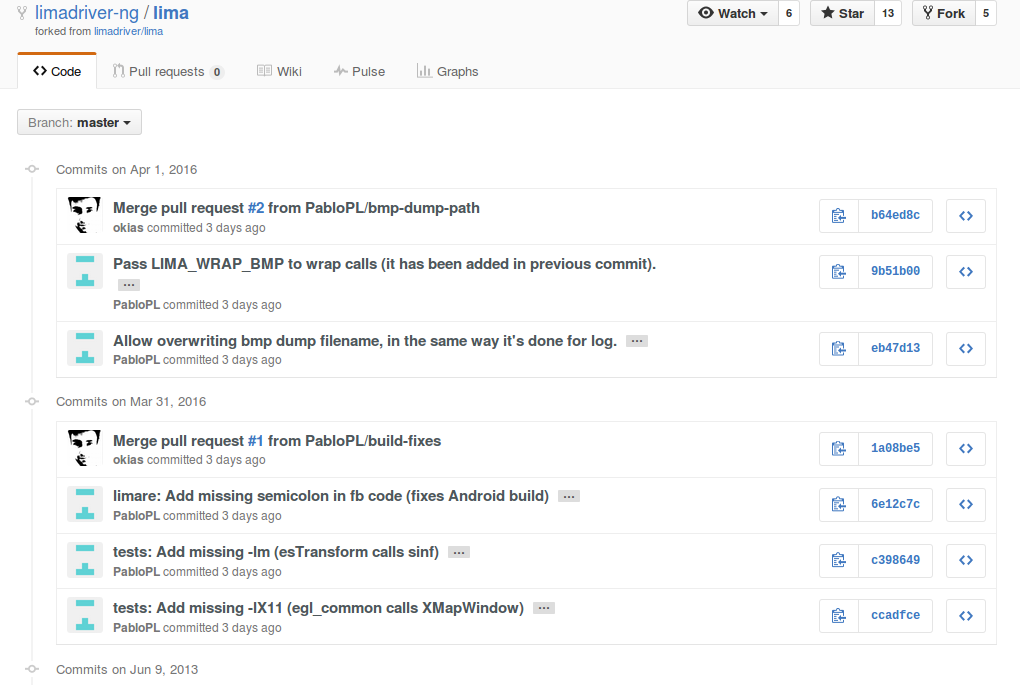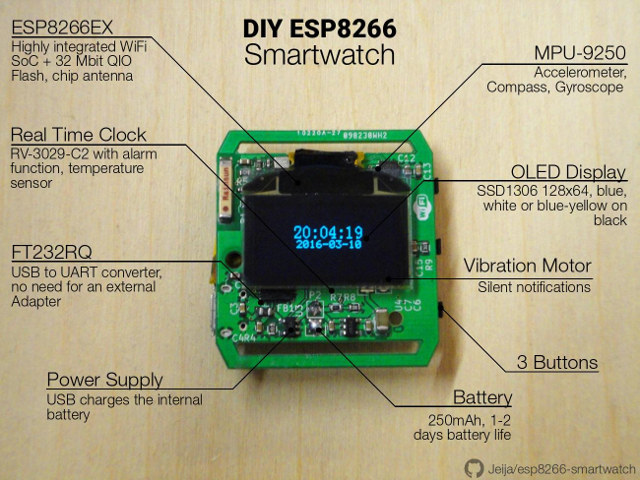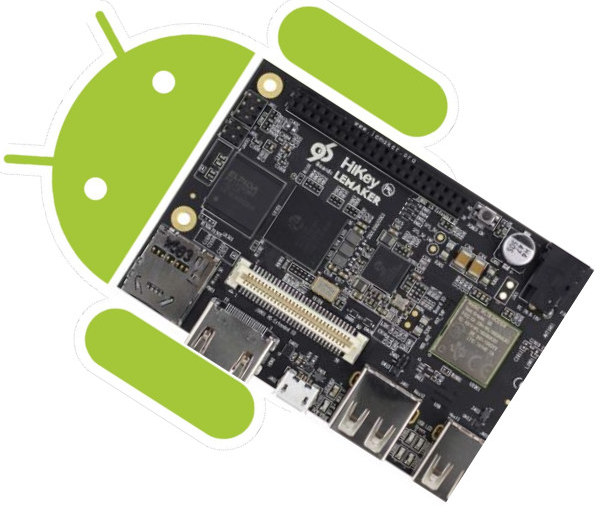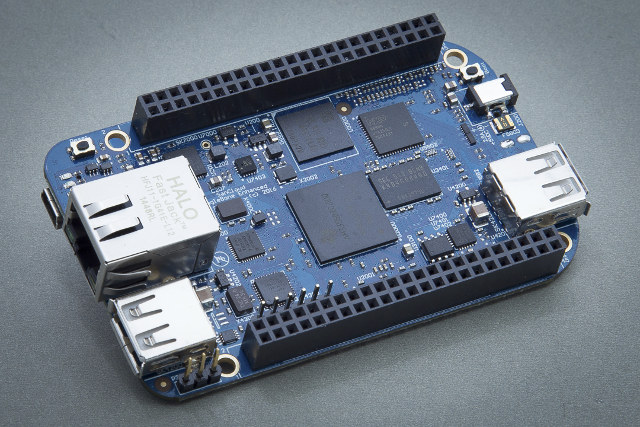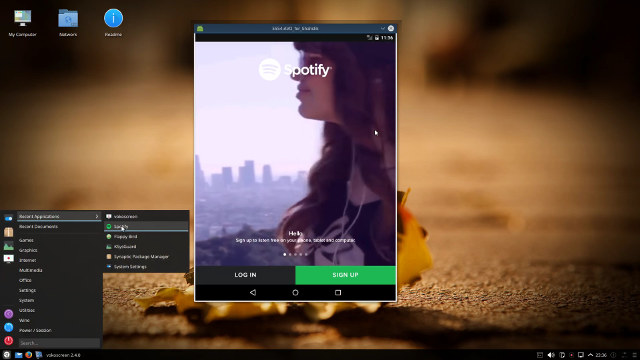Intel introduces three new Quark Micro-controllers last year, and I already experimented with Intel System Studio tools, quite similar to the Arduino IDE, and designed for hardware such as Intel Quark D1000 Customer Reference Board. So far the company had not released any boards available to the general public, but this has now changed since they’ve launched the “Intel Quark Microcontroller Developer Kit D2000”. Intel Quark D2000 development board specifications: MCU – Intel Quark D2000 32-bit processor Intel Pentium x86-compatible without x87 FPU @ 32 MHz with 8 KB SRAM, 32 KB instruction flash, 8 KB OTP flash and 4 KB OTP data flash USB – 1x micro USB (JTAG) for power and programming/debugging Sensors – 6-axis Accelerometer / magnetometer with temperature sensor (Bosch Sensortec BCM150) Expansion options: Arduino Uno compatible SIL sockets (3.3V IO only) Booster pack compatible SIL headers (3.3V IO only) Misc – Reset and user buttons, jumpers, […]
PULPino Open Source RISC-V MCU is Designed for IoT and Wearables
lowRISC is not the only open source processor project based on RISC-V instructions, as researchers at ETH Zurich university and the University of Bologna have developed PULPino open-source processor based on RISC-V instructions set, optimized for low power consumption, and targeting wearables and the IoT applications. PULPino is a single core processor derived from the PULP project (Parallel Ultra-Low-Power Platform) featuring a quad core RISC-V SoC with new RI5CY Signal Processing ISA extensions designed by the universities. The core has an IPC (instructions per cycle) close to 1, full support for the base integer instruction set (RV32I), compressed instructions (RV32C) and partial support for the multiplication instruction set extension (RV32M). PULPino also features peripherals such as I2S, I2C, SPI and UART. PULPino has already been taped out as an ASIC in UMC 65nm at the beginning of the year, but the RTL code be run on Xilinx Zynq-7010 powered Zedboard, […]
Open Source Mali-200 / Mali-400 GPU Lima Driver Gets New Commits
The Lima driver, a project aimed at providing an open source driver for ARM Mali-400 and Mali-200 GPUs, was introduced 4 years ago, and after some reverse engineering work, a Quake 3 demo was showcase later in 2013 with an intermediate version of the Lima drivers. However, the main developer (libv) eventually lost interest or lacked time to further work, and the latest commit was made in June 9, 2013. But another developer (oklas) committed some code to limadriver-ng just a few days ago. But don’t get too excited, as the modifications are minor with some build fixes, some other Makefile modifications, and only one C file modified with 6 new lines of code. But maybe that’s just the beginning… We’ll see. Mali-400 GPU is now rather old, so why would somebody work on this? One explanation could be C.H.I.P and Pine A64 boards are both based on Allwinner SoCs […]
Learn How to Build Your Own Open Source Hardware ESP8266 Smartwatch
ESP8266 might be the cheapest WiFi SoC for IoT application available, but it’s not really renowned for its power efficiency, and is often not considered the best choice for battery powered applications. This has not stopped Jeifa from developing a WiFi smartwatch based on the chip, and the 250 mAh battery used in the design is said to be good enough for 1 or 2 days of operation on a charge. Main components of Jeija’s ESP8266 smartwatch: SoC – Espressif ESP8266 with 32Mbit of flash memory Display – SSD1306 OLED Display, 128×64 resolution Connectivity – 802.11 b/g/n WiFi (via ESP8266) Sensor – Invensense MPU-9250 gyroscope, accelerometer, and compass Debugging / Programming – FT232RQ for USB communication Misc RV-3029-C2 Real Time Clock with alarm function, and temperature sensor 3x user buttons Vibration Motor Power 250mAh LiPo battery MCP73831 LiPo charger Dimensions – 35 x 39 x 11mm (board) He designed the […]
96Boards Hikey Development Board is Now Officially Supported in AOSP
Hikey is a one of the first 96Boards compliant development board manufactured by either LeMaker in China and CircuitCo in the US, and while the hardware requirements of 96Boards specifications are rather easy to meet, the software requirements including “bootloader (open source), accelerated graphics support (binary or open source), a Linux kernel buildable from source code based from mainline, or the latest Google-supported Android kernel version” are much harder to comply with. Linaro had a very good news for Linaro Connect Bangkok as they announced Hikey board was supported in Android Open Source Project (AOSP). So that means Hikey board will run the latest version of Android like Google Nexus devices, with the advantage of also getting more recent devices. If you want to build an Android image from AOSP just retrieve the source code:
|
1 2 |
repo init -u https://android.googlesource.com/platform/manifest repo sync -j8 |
Grab & extract vendors binaries for Hikey from Google.com. and complete the build:
|
1 2 3 |
source build/envsetup.sh lunch hikey-userdebug make -j8 droidcore |
[…]
BeagleBone Enhanced Adds Gigabit Ethernet, More Memory & USB Ports, and Sensors (Crowdfunding)
It’s nice to see BeagleBone Black‘s open source hardware being leveraged by third parties, as we’ve already seen designs such as BeagleBone Green and BeagleBone Black Industrial 4G in the past, and now UK based SanCloud has decided to launch BeagleBone Enhanced on Indiegogo (flexible funding). BeagleBone Enhanced board specifications with bold highlights showing improvements over the BeagleBone Black Rev. C: SoC – Texas Instruments Sitara AM3358 Cortex A8 @ 1 GHz + PowerVR SGX530 GPU System Memory – 1GB DDR3 RAM @ 800 MHz Storage – 4GB eMMC flash + micro SD slot, optional 1MB SPI NOR flash USB – 2x USB 2.0 host port (A type), mini USB OTG port, 2x USB interfaces via expansion header Serial Port – UART0 via 3.3V TTL header Ethernet – Gigabit Ethernet Video Output – micro HDMI with EDID support, up to 1280×1024 resolution. Audio Output – Via HDMI Sensors Optional 6 […]
Run Android Apps in Linux with Shashlik Android Emulation Layer
There are already ways to run Android apps in Linux distributions such as Ubuntu or Debian, including the Android SDK emulator, running Android-x86 or Remix OS in a virtual machine, or using Genymotion, but those solutions are a little cumbersome to setup. Shashlik Android emulation layer aims to simplify the process of running Android apps in their own window within Linux desktop distributions. The Android apps can be started from the start up menu or dash like any Linux program. The apps are currently running inside an emulator so you actually boot a stripped down version of Android each time you start the app, which means they’ll take a little while to start. OpenGL and graphics are all rendered on the host for better performance. In the future, the emulator (virtual machine) may be dropped, and instead Shashlik could simply become a container, which requires rewriting libbinder in userspace There […]
Embedded Linux Conference 2016 and OpenIoT Summit 2016 Schedule
The Embedded Linux Conference 2016 and the OpenIoT summit 2016 will take place on April 4 – 6, 2016 in San Diego, California, and over 800 attended will meet including kernel & system developers, userspace developers, and product vendors. The Linux Foundation has recently published the schedule, so I’ve had a look at some of the talks, and designed my own virtual schedule to find out more the current development focus although I won’t attend. Monday April 4 10:40am – 11:30am – Linux Connectivity for IoT by Marcel Holtmann, Intel OTC There are many connectivity solutions that available for IoT. For example Bluetooth Low Energy, 802.15.4, Zigbee, OIC, Thread and others. This presentation will provide and overview of the existing technology and upcoming standard and how they tie into the Linux kernel and its ecosystem. 11:40 – 12:30 – BoF: kernelci.org: A Million Kernel Boots and Counting by Kevin Hilman, […]


